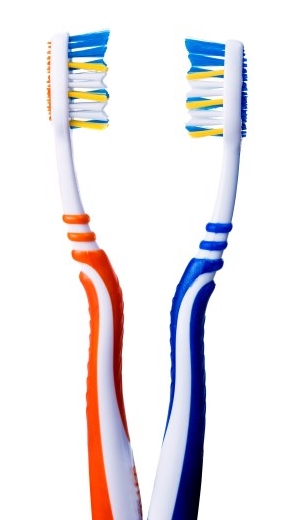PUBLISHED IN TCI WEEKLY NEWS
June 15th 2013

Following on from my last article on children and dental anxiety I wanted to use this piece to discuss the not uncommon problem of adults who are also nervous when visiting the dentist. When dealing with children the focus is to avoid and manage situations in the dental chair so that they don’t become anxious adults. It is easy to see therefore that an anxious adult may have a memory of a bad experience going back to childhood. Unfortunately fear sometimes prevents people from having routine examination and cleaning appointments which then can mean that they only present at the dental office when they are in serious pain or have a major problem. This pain and stress then goes on to feed the fear and strengthen the negative associations.
Not everyone is afraid of the same thing in a dental office. The commonest are-
– Pain
– Needles/ injections
– Choking/ gagging
– Lack of control
– Unfamiliar equipment
– Noise and smells
The first stage for me with an anxious patient is to have a conversation about exactly what is the cause of the anxiety, what specifically they are afraid of and then develop a plan to manage that particular point of the treatment. This first ‘introductory’ conversation can be away from the main dental chair and may or may not evolve into an actual inspection of the teeth. Some of the strategies we use are having a friend with you in the surgery, agreeing a sign (eg. raising a hand) to signify that you wish to stop for a moment, agreeing a short break during treatment, choosing a time of day that feels the most comfortable. It may require no more than reassuring a patient that the anesthetic is effective and they will not feel any pain.  I find that some patients are reassured by seeing everything- all the instruments and equipment and having a complete and detailed explanation; some do not want to know or see anything at all!
I find that some patients are reassured by seeing everything- all the instruments and equipment and having a complete and detailed explanation; some do not want to know or see anything at all!
Once we have decided together the approach to take we can then also consider if anxiety relieving medication is required. An example of this would be diazepam which is taken around 30 mins before the appointment and at a suitable level will induce a relaxed state whilst allowing the patient to stay fully conscious and alert enough to respond to verbal instructions. It is very important that the treating dentist is responsible for prescribing and controlling the drug and dosage used. I have had several experiences where a patient has taken ‘a couple of tablets’ that they left over or given by a friend. This is not a sensible approach and at worst could jeopardize the safety of the patient.
In summary, a good dentist will understand that dental anxiety is very real but will be able to work with the patient to manage it and so ensure any required treatment is able to be performed.